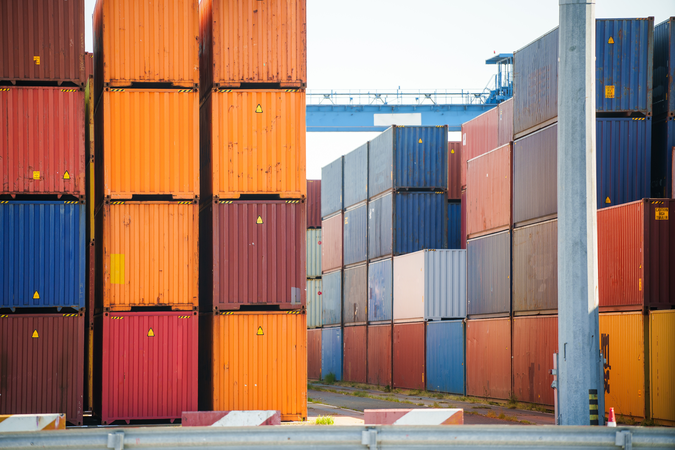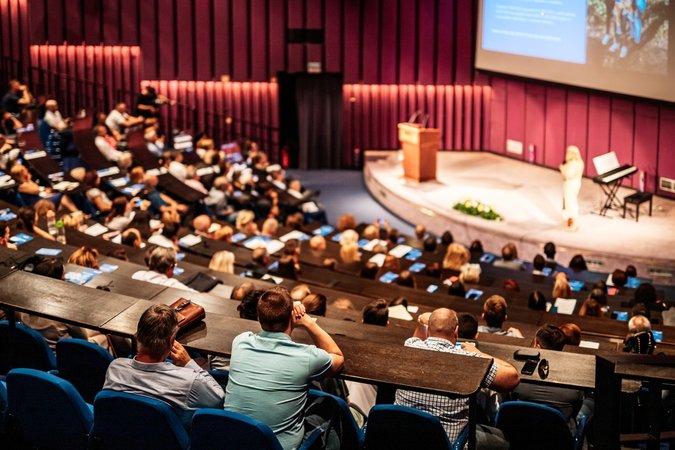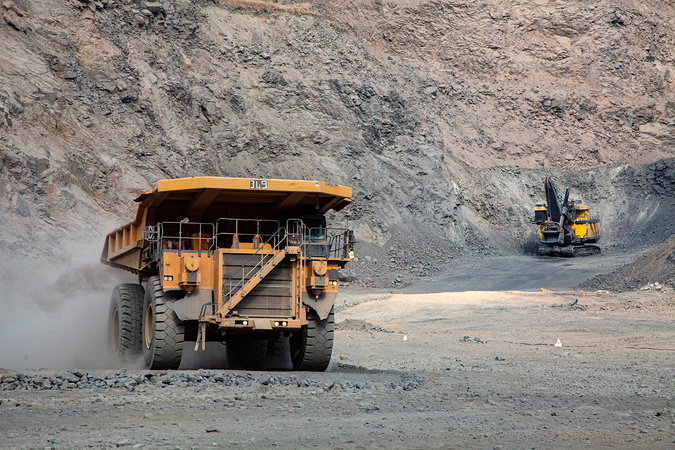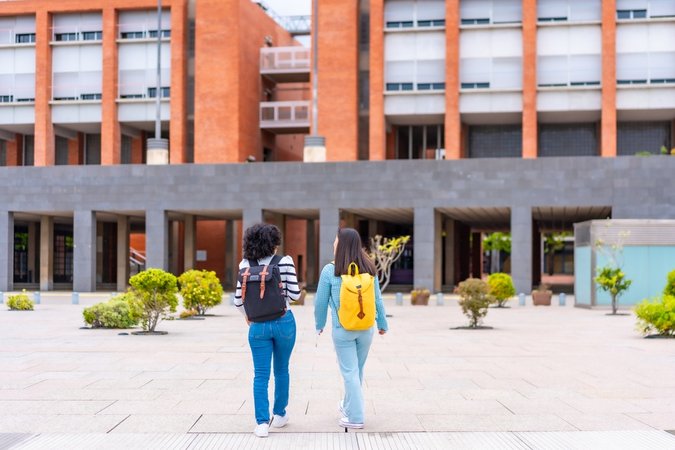The Critical Minerals Research Lab
An interdisciplinary hub to help PhD students develop, improve, and disseminate policy-relevant research on critical minerals for the clean energy transition.
A Forum for Interdisciplinary Research on Critical Minerals
As the world transitions to clean energy technologies, how can decisionmakers achieve a cost-effective, reliable, environmentally friendly, and equitable supply chain for the critical minerals needed to support that transition?
Because supply and demand for critical minerals are affected by sociological, technical, and economic factors, interdisciplinary research will play a strong role in critical mineral policymaking. The growing importance of critical mineral research across PhD programs in the United States means that graduate student research will likely have important impacts on future policy development.
To that end, the Critical Minerals Research Lab brings students with diverse backgrounds and disciplines together to connect, receive feedback on their work, and identify interdisciplinary research ideas and partners. The lab also helps inform students of day-to-day issues on critical minerals, including grant funding opportunities, conferences, and ongoing policy discussions. By participating in the lab, students from across the country will be able to improve their research questions and approaches, and in turn, the policy recommendations that emerge from their work.
The lab is led by:
- Beia Spiller | Fellow and Transportation Program Director, Resources for the Future
- Kate Whitefoot | Associate Professor, Carnegie Mellon University College of Engineering
- Nicole Smith | Associate Professor, Colorado School of Mines Mining Engineering Department
- Karan Bhuwalka | Staff Scientist, Stanford University STEER group
The lab is virtual (over Zoom), with bi-weekly hour-long meetings held on Wednesdays at 4:00pm ET, quarterly seminars, and one end-of-year workshop. Students will also be connected via an email group, where they can connect, collaborate, and share information.
Bi-Weekly Meetings
The meetings will provide students with a space to present and receive feedback on their research, while also providing opportunities for smaller group sessions where research ideas will be honed. Additionally, there will be broader group discussions on a variety of critical minerals–related topics. Students are expected to make a concerted effort to join all meetings.
Quarterly Seminars
Each quarter, the lab’s leaders will invite a guest speaker to give a seminar on a critical minerals–related topic.
Collaborative Research Products
The scholars will be expected to prepare a written document (such as an issue brief, a report, a blog, or other external communication product) in collaboration with at least one other lab scholar. Brainstorming sessions will be held at the beginning of the year to help identify topics of interest and collaboration opportunities.
End-of-Year Workshop
At the end of the academic year, RFF will host a virtual public-facing workshop where the students will present their work to a broad audience, including government agencies, congressional staff, funders, NGOs, other academics, journalists, and more. Students will be encouraged to form interdisciplinary collaborations with other students in the lab and present the results of these collaborations at the workshop.
Recent Content
- All
- Publications
- Events
- Editorial
- News













